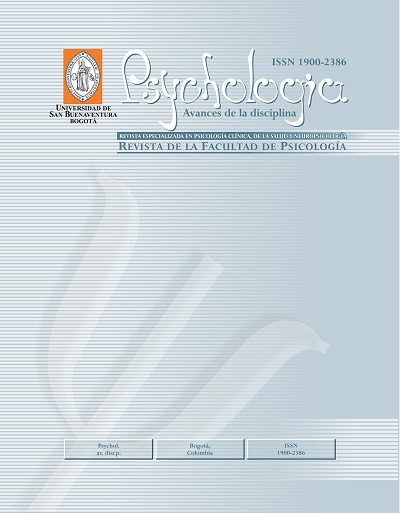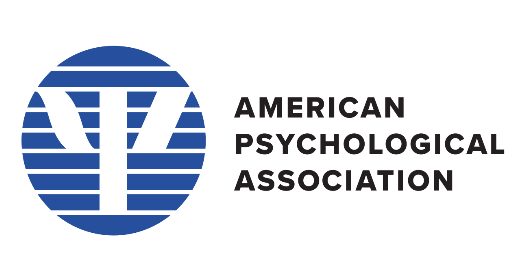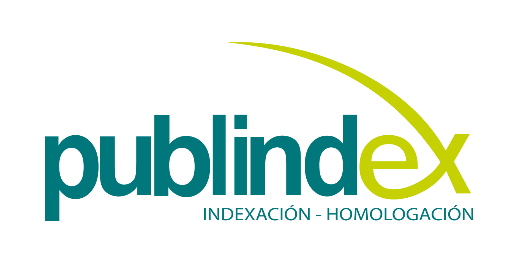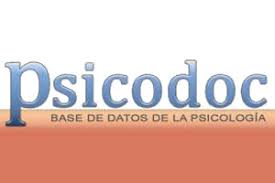This journal provides open, immediate access to its contents, based on the principle that offering the public free access to research helps to promote a higher global exchange of knowledge.
As such, all journal articles are published under a Creative Commons Attribution-NonCommercial-ShareAlike 4.0 International License (CC BY-NC-SA), by which commercial use of the original work or its possible derived works is not allowed, and the distribution thereof must be done with the same license elements regulating the original work.
http://creativecommons.org/licenses/by-nc-sa/4.0/
Abstract
Understanding how unobservable constructs operate based on culture and language is an important objective for researchers. Because language and culture exert such a powerful influence on the way we experience psychological phenomena, latent constructs may not function universally between cultures and languages. Therefore, the purpose of the present study was twofold. First, we translated the Metacognitive Awareness Inventory for Teachers (MAIT) with 24 items, originally developed by Balcikanli (2011). Second, we test and validate the instrument translated to Spanish using a sample of Colombian teachers (N = 755). We hypothesized a modified factor structure based on the proposal in the original validation study. The results revealed that, after the elimination of three items that did not fit, our hypothetized factor structure for the MAIT-R of 21 items demonstrated an excellent fit to the data. We discuss the implications for theory, research and practice in light of our findings.
Keywords: Metacognition, metacognitive knowledge, metacognitive regulation, metacognitive awareness, teachers





















